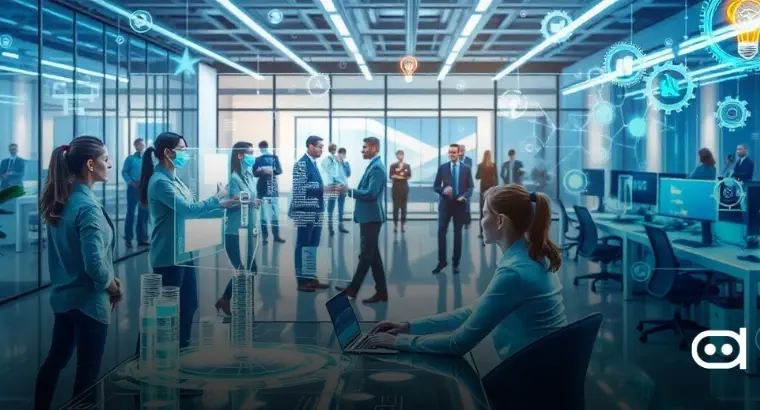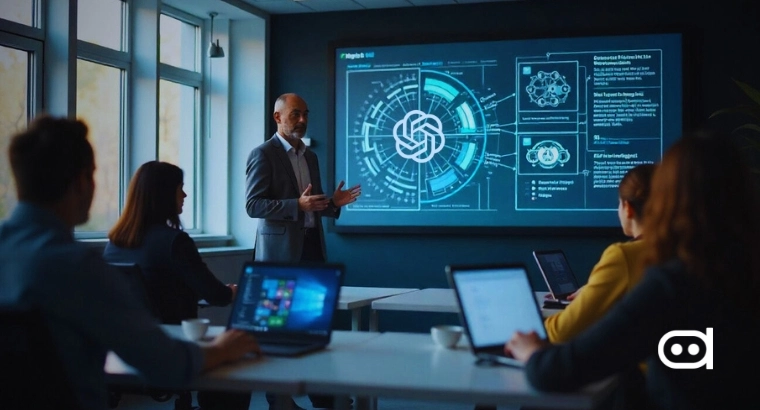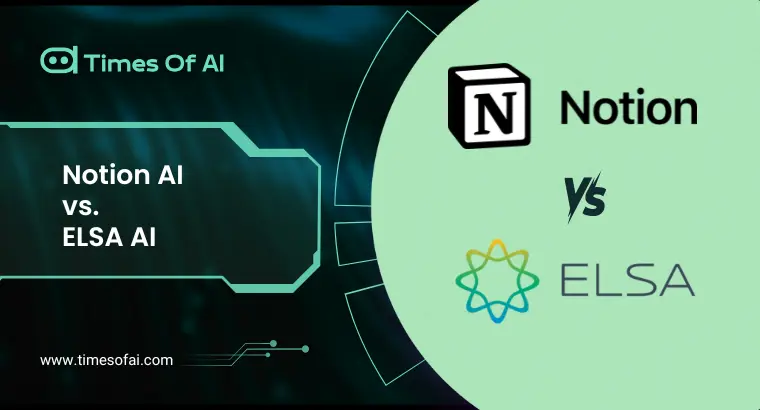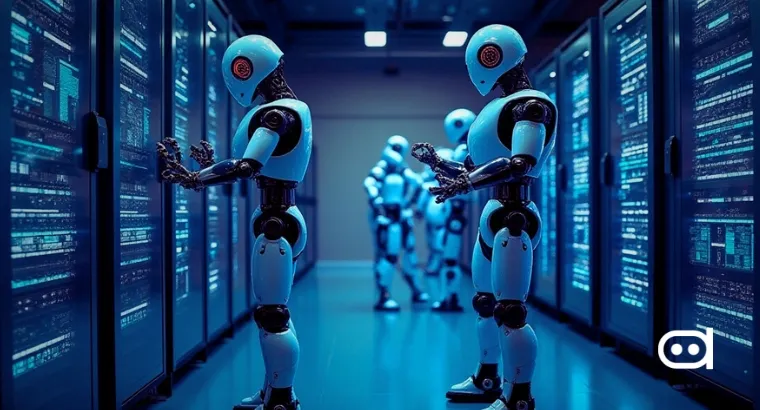
- HR future of work strategy is gaining unprecedented significance, as uncovered by a recent IBM-Oracle report. The findings highlight how HR teams are shaping their organizations’ work culture and approach to innovation.
- The findings also underline how modern HR strategies are essential for navigating the evolving digital workplace, with talent management and employee experience becoming key focus areas.
- As businesses continue to adapt, HR’s influence in decision-making processes and strategic planning is crucial in defining the future trajectory of organizational success.
In recent records, the focus of the HR future of work strategy construct has expanded more than just talent management and has become a critical framework for achieving success organizationally. Companies are figuring out, especially in the light of recent IBM-Oracle research, that the position of HR professionals is changing and embracing the responsibilities of developing future work plans. Settlement of traditional HR responsibilities, like recruitment and retention of employees, has over the years transitioned to the HR management departments being more strategic focusing on analysis, technological modernity, and creativity. This shift mirrors how organizations are beginning to integrate the concept of people and culture as a competitive strategy as much as technology and physical resources.
The report states that departments considered supporting such as HR are now at the center of these conversations about how to solve and avoid problems in a digital landscape. HR is seen as central to ensuring that aspects such as working from home and strategies for retaining talent are effectively implemented to enhance the efficiency and competitiveness of the organization. There is no longer a focus on HR as interested in the retention of staff members but rather addresses the scope to improve the experience of employees that enhances engagement, productivity, and growth of the company as a whole.
One last example relates to how technology especially AI and automation will continue to change the way some HR functions are done. Since IT’s efficiency frees the HR professionals from routine operations, Primary HR employees can turn themselves to strategic initiatives towards driving innovation, culture, and integration with broader business objectives on the ground. HR terms of use of AI technologies allow these groups to predict the changes that occur in the workforce structure, to develop, to use more effective talent management, and, to meet employee requirements more accurately.
Read More: AI-Powered Future: Aramco Digital and Accenture Lead Digital Skills Revolution in Saudi Arabia
According to the IBM-Oracle research, organizations ready to spend on the development of their HR departments, in addition to employee satisfaction, further increase their flexibility and competitiveness in the world market. Organizations that appreciate the place of their HR strategy for the future of work will be prepared for tomorrow to create a sustainable and flexible working culture. This new role of HR will help companies enhance their business in the long run as the environment is ever-changing due to the digital transformation.









